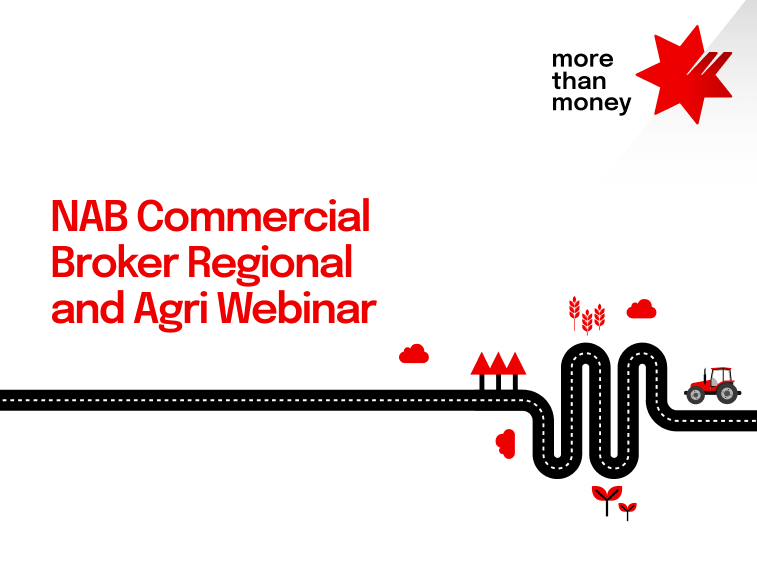An exclusive webinar to help you deliver the best outcomes for your R&A business. Watch now.


Webinar
Like China, Indonesia has a fast-growing middle class with an appetite for Australian produce. Grant Healy, Director of NAB's Asia Desk, discusses the business opportunities, available resources and the importance of paying a visit.

While China tends to grab the spotlight there are indeed other countries in Asia with important opportunities for Australian farmers. Indonesia, for example, also has a burgeoning middle class with an increasing appetite for beef, dairy products, wheat and sugar.
“There’s definitely room for growth in all of these areas and Australia is in a good position to take advantage of that,” says Grant Healy, Director of NAB’s Asia Desk. “We’re well-placed geographically and already have a relatively high level of trade with Indonesia. And, like the Chinese, Indonesians recognise that our products are very high quality.”
Farmers considering a move into Indonesia need to be very clear about what they want to achieve and confident that this is a realistic goal. “Your local NAB Agribusiness banker is a great first point of contact. In addition to talking with NAB representatives based in Indonesia, we recommend working closely with appropriate industry associations,” says Healy. “They’re valuable sources of information and may also be able to provide useful connections in offshore markets like Indonesia.”
Other resources are available from state-based trade investment bodies and Austrade, as well as groups like the Export Finance Investment Corporation (EFIC) and the Australian Chamber of Commerce. Similarly a number of the States are raising their interest in Indonesia with Western Australia having an existing Jakarta office and Victoria and Queensland opening in the near future.
“Who you approach will depend on what you’re looking for and, of course, different farmers have very different needs,” says Healy. “Some would simply like to increase their current exports. Others are seeking strategic joint ventures to provide an injection of capital for new infrastructure or to expand their operations. Where farmers are planning succession, they may even see opportunities for Indonesians to invest strategically in order to ensure a regular supply of food from Australia. Whatever the goal, we recommend that farmers investigate all of the available resources and consider how each of the different touch points could be of value.”
Healy also stresses the importance of visiting any potential overseas market if you’re able to. “You’re bound to have a better understanding of how to engage with a market if you’ve experienced it for yourself,” he says. “A visit is by far the best way to get a realistic idea of everything from the local produce and farming techniques to logistics, supply chains and counterparties. This is why NAB has taken the lead by organising a study tour for our clients.”
In September, Khan Horne, General Manager of NAB Agribusiness, will lead a group of farmers interested in examining the Indonesian Beef Industry. Farmers will be able to participate in meetings and discussions with industry and government officials, and visit local beef cattle operations.
“Customers will have a chance to see everything from feedlots and processing sites, to the chain of distribution,” says Healy. “As well as providing invaluable on-site experience, it will give them opportunities to leverage NAB’s in-country networks and connectivity. Our aim is to help farmers with the potential to do business in a specific market so they get a clear idea of the opportunities and how they can best move forward.”
To find out more about the NAB Agribusiness Indonesian Beef Study Tour download the attached brochure, speak to your NAB Agribusiness Banker or email agribusiness.view@nab.com.au.
© National Australia Bank Limited. ABN 12 004 044 937 AFSL and Australian Credit Licence 230686.